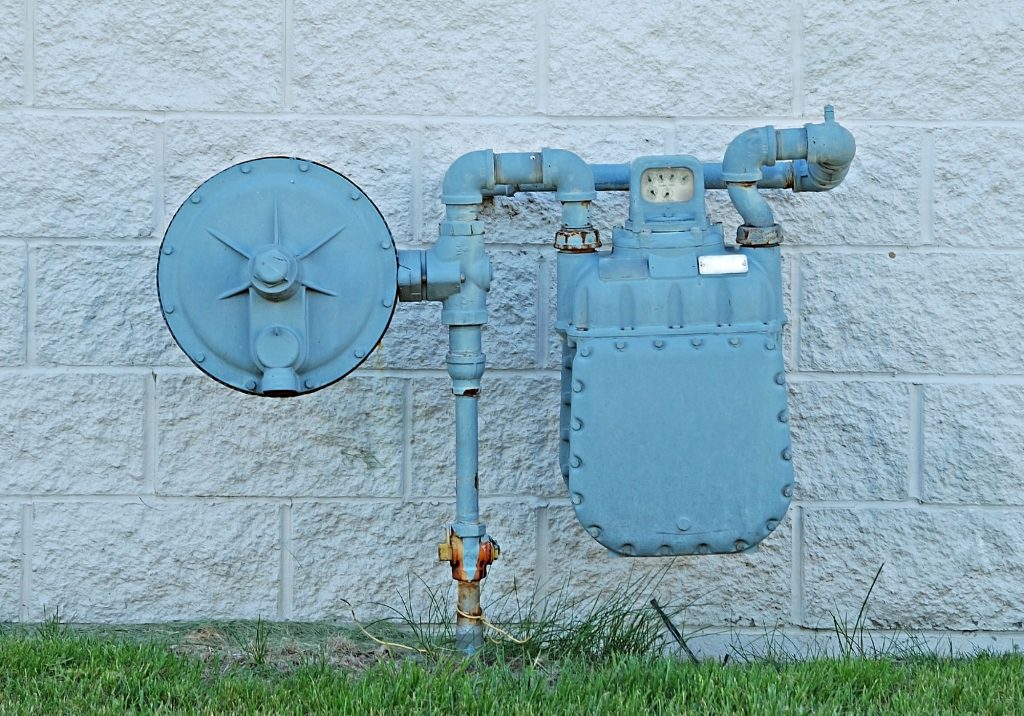What Is the Best Type of Fuel for Heating Your Home?
Especially in the colder months, chances are that you pay much more attention to the ways in which you heat your home.
You’ve heard of the great propane vs natural gas debate, but you’re just not sure which option is right for you.
In this post, we’ll clearly explain the differences between propane heat vs natural gas.
Then, we’ll fill you in on the pros and cons of each.
By the end, you’ll have the information you need to make an informed decision about which is the best type of fuel heating for the home you live in.
We’ll also tell you where you can find information about other home improvement projects and ideas.
What is Propane?
Let’s quickly take a look at propane heat vs natural gas when it comes to finding the right fuel heating for the home.
Unlike the latter, propane is actually made from oil and petroleum, and enters into a complete state during the process of refinement.
It’s known for having an incredibly high output, as well as being easy to transport. Usually, propane can be stored in a tank, and can even be refilled at your local grocery store in smaller amounts.
This makes it an incredibly convenient heating option, especially for those who live in more remote places.
When it comes to heating your home, propane wall furnaces can make it happen. They’re actually installed directly into your wall, in a space where the exhaust vent is far enough away from windows so that the airflow won’t be compromised.
Propane Heat Pros and Cons
Now that you have a better understanding of what it is, let’s take a quick look at the propane heat pros and cons.
First of all, the biggest benefit of propane heat is that it gives you a much cleaner burn than traditional fuels. You’ll experience fewer fumes, which means fewer overall health risks.
With that, however, you’ll need to bear in mind that using propane heat vs natural gas does come with potential fire safety hazards. To mitigate these risks, we suggest that you take the time to inspect your fuel lines and tanks.
Another reason why so many homeowners opt for propane when it comes to fuel for heating the home?
Because it offers incredible overall energy efficiency. In fact, the energy efficiency rating of propane is close to 90%, while most furnaces and other gases are only about to hit a maximum of 82% efficiency.
This can help you to cut some serious costs when you’re heating your home. Propane heating systems also require far less maintenance, and will likely last for longer than furnaces that use some types of alternative fuels.
However, this long-term cost savings does come with a bit more of an initial investment. You’ll have to hire a technician to switch out your heating system to propane.
The good news?
Connecting with an affordable and professional propane supplier can help to ensure you’re getting the best possible deal.
For more information, check out this Virginia propane supplier, Quarles. They even offer a payment plan to make the cost more manageable.
What is Natural Gas?
Natural gas, on the other hand, is actually a fossil fuel.
It’s made up of a combination of methane and trace amounts of helium, nitrogen, and even carbon dioxide.
Most people believe the cleanest option with which to heat your home. This is because, when it’s burned, natural gas gives off far fewer emissions. Still, natural gas is technically classified as non-renewable.
Of course, many people also enjoy cooking with natural gas, as they feel it cooks their food more evenly.
The Pros and Cons of Natural Gas
So, what are the pros and cons of using natural gas heat in your home?
First of all, it’s also affordable — though prices of natural gas have been steadily rising over the past few years. However, because of the overall efficiency of its burn, it’s still a cheap option with which to heat your home.
It’s especially effective when compared to coal, as it gives off nearly 50% less carbon dioxide. Plus, it also gives off lower levels of overall soot and pollutants than other type of gas.
So, if you’re looking for a more eco-friendly heating option, then natural gas might be the right fit for you.
It’s also in high supply, as it actually accounts for an astounding 21% of the energy production across the glove. It’s even being used to help power today’s cars!
Of course, you should be aware that, because of the high content of methane in natural gas, it can be explosive. You’ll need to take extra precautions to guard against natural gas explosions and accidents in your home.
Additionally, it does give off carbon dioxide when it’s burned. Many people are also concerned about how the use of natural gas contributes to the overall levels of fracking going on today.
Which Option for Fuel Heating for the Home is Right for You?
Whether you end up going with natural gas or if you stick to propane, we hope that this post has helped you to make an informed decision when it comes to finding the right fuel heating for the home.
In the end, it often comes down to your top priority: energy efficiency or overall eco-friendliness and safety?
The good news is that both of these home heating options are fairly affordable.
Looking for more ideas about how to power your home? Want to take the look of your house to the next level?
We can help.
Be sure to check out our website for design and decor tips, along with more advice on how to make your home more efficient.





